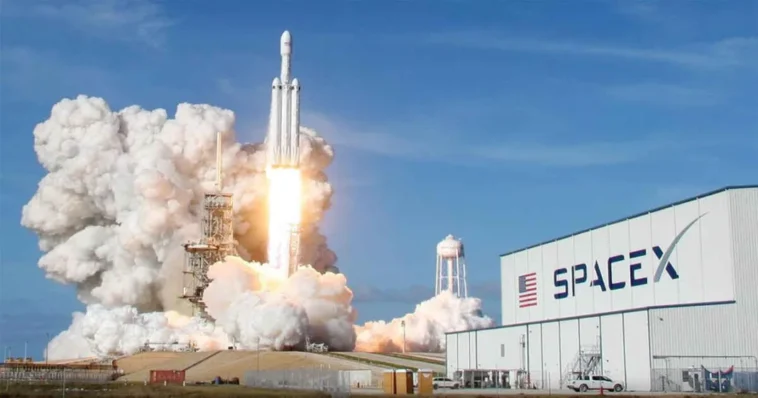A Milestone in Space Exploration Amid Challenges
In a significant development for the space industry, SpaceX’s Falcon 9 rocket has been cleared to return to space by the U.S. Federal Aviation Administration (FAA). This approval comes after a rare mid-flight failure that led to the rocket being grounded. The FAA announced on Thursday that it had found no public safety issues in the anomaly that occurred during the failed July 11 launch, allowing the Falcon 9 to resume flight operations even as the overall investigation continues.
The Incident and Its Implications
The incident that led to the grounding of the Falcon 9 involved a rocket breaking apart in space, resulting in the loss of its payload of Starlink satellites. This failure was notable as it was the first in over seven years for the Falcon 9, which is widely regarded as the world’s most reliable and frequently used rocket. The grounding of Falcon 9 had significant implications, given its pivotal role in global space missions.
SpaceX’s Response and Investigation Findings
In a statement posted on X, SpaceX expressed readiness to return the Falcon 9 to flight as soon as Saturday, July 27. The company identified a liquid oxygen leak that caused excessive cooling of one of the rocket’s engine components, leading to hardware damage. A crack in a pressure sensor’s sense line was pinpointed as the cause of the leak. SpaceX has since removed the failed sense line and sensor from the second stage engine for upcoming launches to prevent similar issues.
The Importance of Falcon 9
The Falcon 9 rocket is not just a workhorse for SpaceX but also the only U.S. rocket capable of sending NASA crews to the International Space Station (ISS). NASA has relied on the Falcon 9 for its manned missions, including the upcoming launch of its Crew Dragon astronaut capsule, scheduled for August. The return to flight status of Falcon 9 is crucial for maintaining the continuity of these missions and for SpaceX’s ongoing role in advancing space exploration.
Looking Ahead
The clearance from the FAA marks a critical step forward for SpaceX as it continues to innovate and push the boundaries of space travel. With the issues identified and addressed, SpaceX is poised to resume its launch schedule, bringing its ambitious plans back on track. As the investigation into the July 11 anomaly continues, the industry will be watching closely to ensure that the lessons learned lead to even greater reliability and safety in future missions.
Stay tuned for more updates on SpaceX and other technological advancements by subscribing to our tech newsletter, Today’s Cache.


